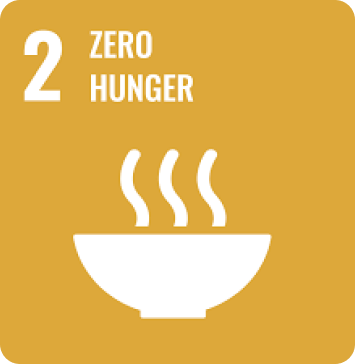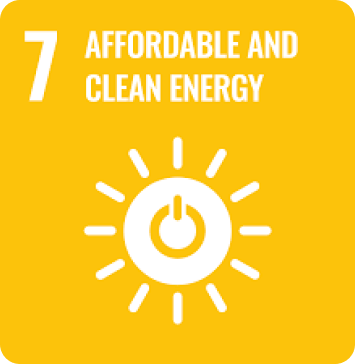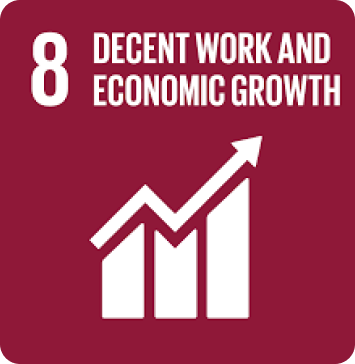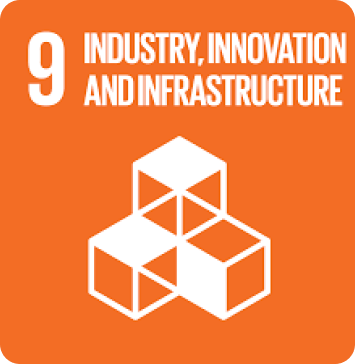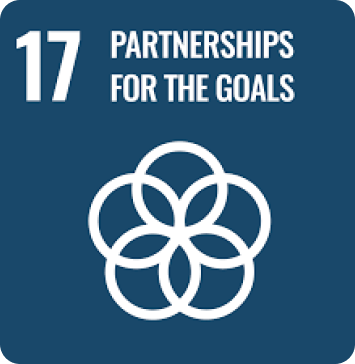Countries: Across Africa
CLASP - Carbon Credit Financing for Productive Use Appliance (PUA) Markets.
About The Project
The project’s initiative focuses on unlocking the potential of carbon credits to scale up the distribution of solar-powered appliances. Long-term growth in the solar appliance market, especially in underserved areas, requires increased financing options and diverse financial tools. This project, led by Verst Carbon, aims to leverage carbon credits to bridge the affordability
gap for households and small businesses adopting solar-powered appliances. By enabling carbon finance, this initiative supports the development of productive use appliances such as solar irrigation systems, refrigeration units, and processing equipment, which enhance economic productivity and reduce greenhouse gas (GHG) emissions.
The Problem

One of the major barriers to widespread adoption of solar-powered productive use appliances (PUAs) in low-income and off-grid communities is the high upfront cost. Households and businesses often cannot afford these appliances, even though they offer significant long-term benefits such as increased productivity, reduced energy costs, and improved quality of life. Traditional financing mechanisms alone have been insufficient to scale PUA distribution. Additionally, the off-grid solar market lacks access to sufficient capital, limiting the ability of startups and nascent markets to thrive. Furthermore, rural areas, where biomass fuels are commonly used for energy, face environmental challenges including deforestation, air pollution, and carbon emissions, which further compound socio-economic problems.
The Solution

This project proposes leveraging carbon credits as a sustainable financing mechanism to overcome the affordability barriers associated with PUAs. By tying solar-powered PUAs to carbon credits, projects can generate additional revenue by trading Verified Emission Reductions (VERs) in carbon markets. These credits are earned by reducing or avoiding GHG emissions, such as through the displacement of biomass fuels. The carbon finance generated through the sale of credits can be used to subsidize the cost of PUAs, making them more accessible to low-income households and businesses in underserved areas. This model not only reduces the upfront cost for consumers but also increases investor confidence in solar projects by creating a predictable revenue stream.
Verst Carbon will play a central role in developing a comprehensive roadmap for carbon credit financing in the PUA sector. This roadmap will include the design and development of appropriate methodologies for generating carbon credits through PUAs, integrating Monitoring, Reporting, and Verification (MRV) protocols to ensure the credibility and transparency of emissions reductions. The project will also explore opportunities to align PUAs with national and international climate goals, including through Article 6.2 of the Paris Agreement, which facilitates voluntary cooperation between countries to meet their Nationally Determined Contributions (NDCs).
Impact Made So Far
Developing a Roadmap for Carbon Finance in the PUA Sector. The project will develop a high-level roadmap to guide governments, companies, and project developers on how to generate carbon credits through solar-powered appliances. Key activities will include reviewing existing methodologies, engaging stakeholders through workshops, and developing recommendations for improving MRV protocols and integrating social safeguards into PUA projects.
Additionally, the roadmap will explore ways to incorporate PUA methodologies into national validation and verification frameworks under Article 6.2, ensuring alignment with both national and international climate objectives.
By leveraging carbon credit financing, this project presents an opportunity to make solar-powered PUAs financially viable and scalable, contributing to both environmental sustainability and economic development in off-grid communities.
Sustainable Development Goals (SDGs)
This Project directly contributes to multiple UN Sustainable Development Goals (SDGs), including SDG 7 (Affordable and Clean Energy), SDG 13 (Climate Action), SDG 8 (Decent Work and Economic Growth), and SDG 2 (Zero Hunger) and Infrastructure (SDG 9), Affordable and Partnerships for the Goals (SDG 17).
